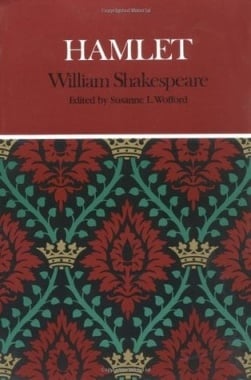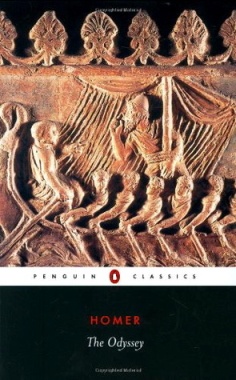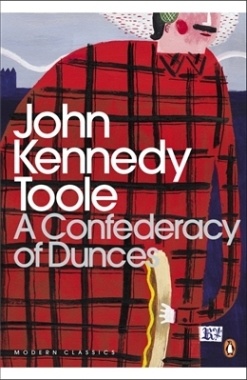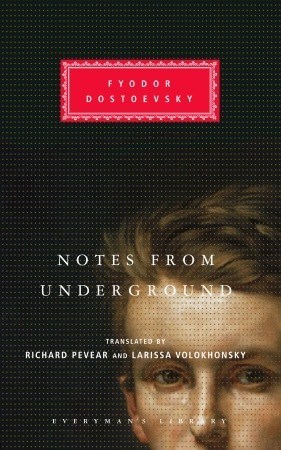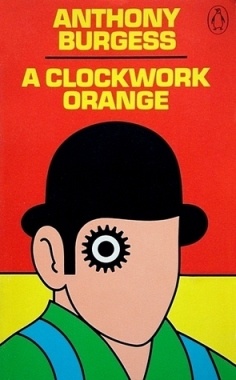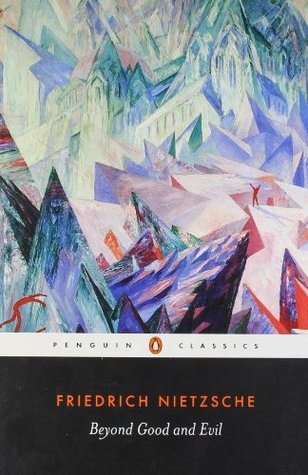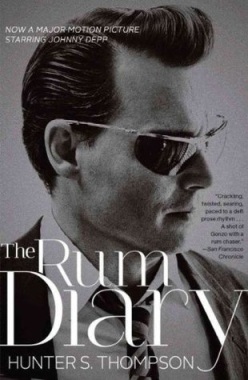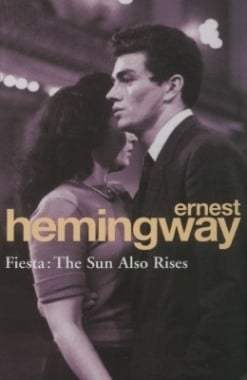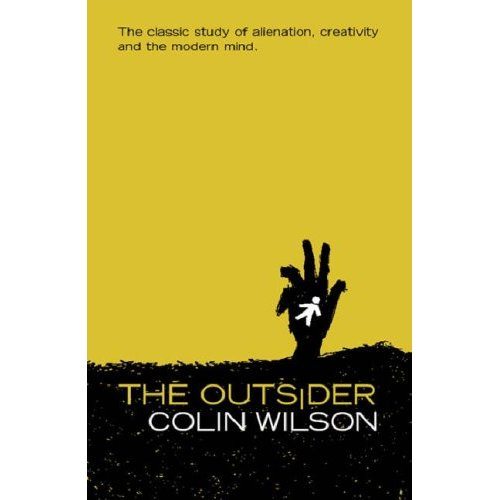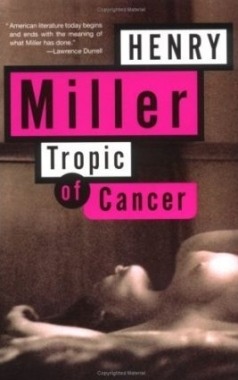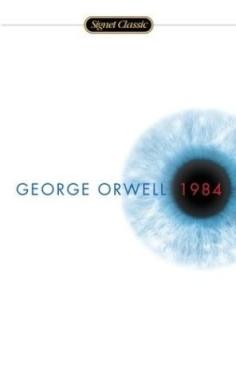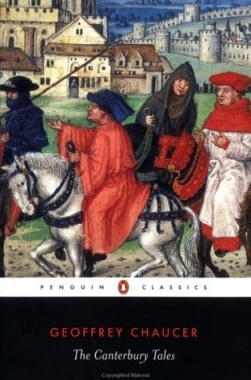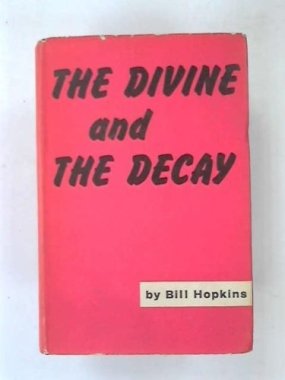Fresh shoots tentatively probe the air while their roots have yet to find purchase. The more firmly they are rooted, the more boldly they stretch their new leaves toward the sun. So it is with the intellect of youth. As yet unburdened by the life-weary prejudices of their seniors, their powerful imaginations and desire for knowledge are unguided by the wisdom which can only be attained with experience.
Books are a short cut to experience. Books merge centuries together, granting the wisdom of ages to those with the strength of will to grasp it. People in their twenties can bring meaning and direction to their lives by learning through literature, how others have coped with this difficult time of life.
These 15 books will help you transcend the your experiences and gain a deeper understanding of human nature – and who you want to be:
1. Hamlet – William Shakespeare
Don’t be put off by the fact that this is Shakespeare’s longest play. For hundreds of years, actors, writers and critics have celebrated this as one of the greatest works in human history. Four centuries years after it was written and Hamlet remains as relevant to young people as it ever was. By setting the play in Denmark about 1000 years before he was born, Shakespeare ensured that it remains eternal, belonging to the ages.
Prince Hamlet has been an inspirational figure for generations; a brilliant young man, tortured by indecision, existential angst and the frustration of a humiliating fate.
The skill with which Shakespeare depicts psychological themes such as madness, vengeance, love, suicide, duty and emotional torment are timeless. If ever you have felt it hard to describe the internal strife of youth, then you will find a kindred spirit in Prince Hamlet of Denmark.
2. The Odyssey – Homer
Like Hamlet, The Odyssey depicts a noble young man missing his Father and lamenting the fact that he is too young to defend his family’s honour. The young Telemachus laments the death of his heroic father Odysseus, who is in fact living in captivity on a faraway island. In his absence, Telemachus must fend off a horde of suitors who, hoping to win his Mother’s affections, have taken up residence in their home and are driving him to poverty with their appetite for food and wine.
The ancient poem was composed about 2800 years ago and along with The Iliad, represents the beginning of the Western canon. It is amazing to think that all Western literature began with this book, and that the themes remain so compelling to this day. Sex, war and gods are all enjoyable subjects but the deep emotions and noble motivations of the human characters leave a more lasting impression.
3. Patriotism – Yukio Mishima
A short but powerful Japanese story which presents a dramatically different attitude to love and death than most people in their twenties are accustomed to. Lieutenant Shinji Takeyama and his 23 year old wife, Reiko, both commit ritualistic suicide in response to a mutiny against the Imperial Army. Shinji is implicated by association and out of love for both his emperor and his comrades, chooses to commit seppuku. His devoted and adoring young wife is immediately resolved to join him in death.
The short story uses evocative, poetic language to paint a picture of the mundanity of their apartment and the weather outside in contrast to the deeply noble ideals which the couple seek to embody in their extraordinary actions. They make love one final time before death. A scene in which Mishima beautifully portrays the depth of their emotions without compromising the refined dignity of the traditional Japanese culture.
4. A Confederacy of Dunces – John Kennedy Toole
This hilarious, insightful but tragic novel wasn’t published until 11 years after the author, who was convinced he was a failure, had committed suicide. Walker Percy, another great Southern writer of the 20th century, said that the protagonist is “in violent revolt against the entire modern age.”
The plot revolves around Ignatius J Reilly; a highly articulate and intelligent man at the end of his twenties who, due to his slothful disposition and awkward social habits, is unemployed and living with his Mother in New Orleans. He is a man whose lofty ideals, aristocratic bearing and love of medieval philosophy render him an absurd anomaly in a tacky world in which he is reduced to selling hot dogs on the streets.
Despite being partially autobiographical, the author pokes fun at Ignatius’ provincial outlook, repressed sexuality and fear of change. This is done in an affectionate way, for the real object of scorn in the novel is not Ignatius, but the society which fails to accommodate him. A must read for any twenty-something who feels trapped in the wrong era.
5. Notes from Underground – Fyodor Dostoyevsky
If ever you have felt socially awkward, introverted or unable to properly assert yourself, then you will sympathize with the protagonist of this famous Russian novella. The existentialist theme and the unnamed protagonist’s inability to act are reminiscent of Hamlet. He is a retired civil servant, paralyzed by his own paranoia, ennui and laziness. It is his own quest for virtue which prevents him from acting and renders him impotent in this sense. He resents self interested altruism and represents rebellion against the cultural dysfunction one inherits with adulthood.
His obsessive hatred of society and those he sees as representative of it reduce him to a pitiful wretch, incapable of making a difference to the lives of those around him. This short story serves as a warning to those in their twenties who are at times overwhelmed by their dissatisfaction with society. It is better to direct such feelings to practical ends, or else be consumed by them.
6. A Clockwork Orange – Anthony Burgess
The streets in the dystopian future of this prophetic novel are ruled by gangs of youths for whom rape and theft are a form of entertainment. Time magazine listed it as one of the top 100 novels in the English language. It is particularly relevant to those in their twenties, as it shows not only how the young can be seduced by the allure of drugs, violence and criminality but also that they can find redemption. The book is written from the point of view of Alex, the vicious leader of a gang of rapists, who is also an intelligent and somehow likeable young man.
His rehabilitation is seized by rival politicians as a means to defame each other. In the end, it is neither social programs nor scientific tests that transform Alex into a functioning member of society, but simply his desire to be good.
7. Beyond Good and Evil – Friedrich Nietzsche
Reading Nietzsche is one of the best ways that people in their twenties can have their views challenged because he deliberately opposes and attacks all the most deeply held moral convictions of Western society. Whatever your beliefs may be, you are unlikely to agree with everything in this book, but that is the point.
Nietzsche reveals his vision of the philosopher of the future as the most imaginative, bold and willful type. Abandoning Christianity and denying the existence of any universal morality, he argues that what is good is what gives power to man and raises him up. His work totally revolutionizes philosophy and is therefore particularly attractive for twenty somethings, who looking boldly to the future, wish to dispense with the baggage of convention and falsehood that Western culture has inherited.
8. The Rum Diary – Hunter S. Thompson
The famously hedonistic journalist, Hunter Thompson, wrote The Rum Diary when he was only 22. Despite his youth, the novel shows his concern with growing old. Semi-autobiographical, the narrative follows a writer named Paul Kemp as he moves from New York to Puerto Rico to work for an expat sports paper.
Heavily influenced by Ernest Hemingway, the story reveals the devastating consequences of unrestrained lust and alcoholism. This is particularly poignant when you consider that Thompson remained an addict for his entire life until he committed suicide at the age of 68.
9. The Sun Also Rises – Ernest Hemingway
Like The Rum Diary, this novel is about alcoholic expats and was written while the author was in his twenties. Set in Paris and Spain during the roaring twenties, it is regarded as one of the first modernist novels and a classic of American literature.
The story follows a group of young American and British friends, all heavy drinkers, during their visit to Spain to watch bullfights and the running of the bulls. Twenty somethings will sympathize with the tempestuous relationships that Hemingway portrays between the characters, which were all based on people he knew.
10. The Outsider – Colin Wilson
At the age of 24, the philosopher Colin Wilson was sleeping rough in London while writing this book in the reading rooms of the British Museum. Wilson identified with “outsider” protagonists from existentialist novels by authors such as Dostoevsky, Camus and Sartre and thought they may hold the key to a new way of thinking.
The book is an attempt to construct a new, more positive existentialist philosophy for the modern age by examining literary characters which are somehow above or outside the society in which they emerge. Many old academics were furious that a brilliant young man had written a hugely popular book which so succinctly identifies the problem of human alienation, even going so far as to posit a spiritual solution. Wilson approaches all art and philosophy not through critical theory or any other tired academic convention, but by asking what it says about the meaning of existence.
11. Tropic of Cancer – Henry Miller
This hugely controversial American novel, first published in France in 1934, was banned in the USA until 1964. Despite sex scenes so explicit that they verge on the pornographic, the book is regarded as a masterpiece of 20th century literature.
The semi auto-biographical novel is based on New York born Miller’s time living in Paris. The struggling writer faces homelessness, loneliness and despair over his recent separation from his wife. But there also many positive themes, as Miller illuminates the beauty of experience in his writing. Whether on the subject of sex or food, Miller celebrates physical sensation with an almost religious fervor. This unquenchable thirst for life is extraordinarily valuable to anyone in their twenties.
12. 1984 – George Orwell
Since its publication in 1949, this classic novel has seriously altered the way we talk about politics and government. The dystopian story presents a future in which the entire Western world is ruled by a brutal totalitarian socialist government under which all of history is rewritten to support party policy. Even thoughts against the state are deemed criminal.
Twenty somethings should read this book, not only because it is so influential in popular culture, but because it depicts a horrible future which could become a reality. It is important for people in their twenties to be conscious of the value and fragility of their hard won freedoms so that a “1984” state can be prevented.
13. The Canterbury Tales – Geoffrey Chaucer
You may wonder what relevance 14th century literature has to the lives of twenty somethings today. Give it a chance! The Canterbury Tales is a collection of stories, each one told by a different fictional character whilst on a pilgrimage from London to Canterbury in Kent, England.
Each of the charming stories demonstrates the different perceptions of reality held by the very different kinds of characters; from the noble knight to the drunken miller. Each story is a sort of morality tale or fable with a message about sex, love, religion, class or other pressing topics. The issues with which the characters are concerned are often as relevant now as they ever were, proving that some things never change.
14. The Descent of Man – Charles Darwin
Long gone are the days when everybody believed in Adam and Eve and the seven days of creation. But even though many claim to be scientifically minded, few bother to actually read Darwin’s theory on the origin of mankind. Published 12 years after his extremely controversial “On the Origin of Species”, this is the book that actually answers the question of how the human species came to exist.
Nearly a century and a half after it was published, we have discovered DNA, mapped the human genome and made many other scientific discoveries, some of which have rendered parts of Darwin’s book redundant. But the core theory of Darwin’s work; that mankind evolved through natural selection and sexual selection from another apelike organism, remains incontestable.
15. The Divine and the Decay – Bill Hopkins
Described by the author’s friend Colin Wilson as one of the most important novels of the 21st century, The Divine and the Decay is sadly neglected because the publisher recalled all known copies and had them destroyed in response to the hysteria of critics.
No other novel in recent times has dared look so honestly at the human condition and suggest the herculean will power required to change it. It tells the story of a young English politician who, having arranged the murder of a rival within his party, takes a trip to a tiny island in the English Channel as an alibi. The characters he encounters on the island each symbolize the different types of people with whom he must contend in the world at large. His conflicts with the islanders serve as a critique of the problems of modern Western culture. The protagonist wrestles with self doubt but ultimately overcomes his own weakness in a spectacular and uplifting finale. This novel will raise the spirits of readers in their twenties, filling them with hope and courage as they embark on the journey of life before them.
(Please note that this particular book doesn’t come cheap – having not been republished since 1957. Publishers are attempting to get it reprinted but this is a long, slow process.)
If you enjoyed this article, check out this similar post on 15 Books For Everyone to Better Their Writing Skills.
What are some other books you think that people in their twenties should read? Let us know in the comments.
Love this article? Share it with your friends on Facebook.
Featured photo credit: wikicommons – Joe Crawford from Moorpark, California, USA via commons.wikimedia.org

